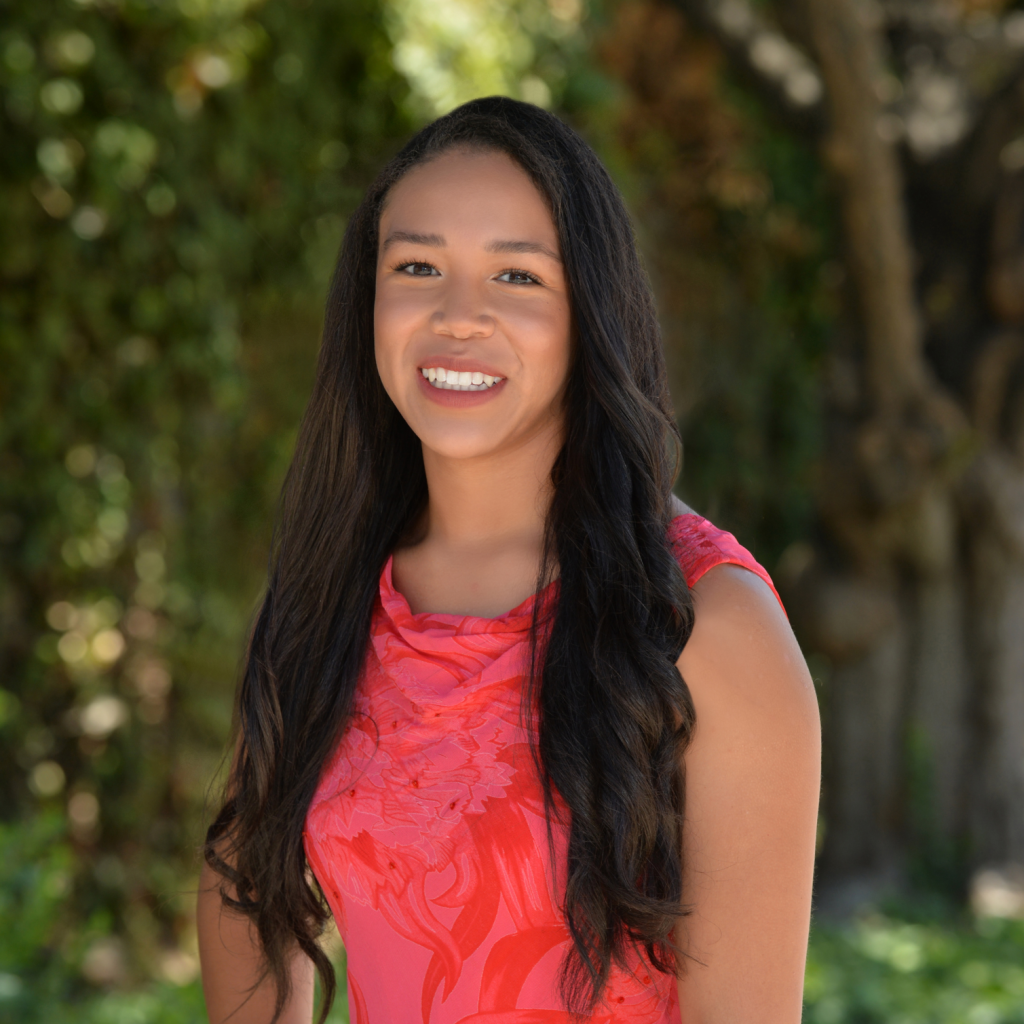Reflection on the Sahiyo Activists Retreat 2024: Zahara Kagalwalla

Each year, Sahiyo hosts an annual Activists Retreat to gather anti-FGC activists in a safe and supportive space, where they can engage in meaningful discussions about FGC. These retreats aim to foster collaboration, share insights, and strengthen efforts to eliminate this form of gender-based violence. The retreats include educational programs, self-care activities, and presentations from advocates engaged in anti-FGC advocacy initiatives in their communities. Below, Zahara Kagalwalla, a 2024 retreat participant, reflects on how the experience expanded her community and shares what she’s looking forward to in the next retreat. When I signed up for Sahiyo’s virtual Activist Retreat in the summer of 2024, I expected insightful discussions, but I didn’t anticipate the deep sense of connection that would emerge—even through a screen. The excitement began weeks before the retreat, when a surprise box from Sahiyo arrived at my doorstep, filled with swag, informative materials, and wellness tools—a tangible reminder that I was about to join a powerful community. When I opened the box from Sahiyo, the first thing that caught my eye was a beautifully designed coloring book—an unexpected but powerful reminder that activism isn’t just about policy; it’s also about healing. The retreat was packed with powerful sessions, but a few moments were especially memorable: Hopes for the retreat: Things started with an intimate conversation where we shared our aspirations for the retreat. Some attendees wanted more knowledge on the legal landscape surrounding FGC, while others wanted to tap into the work of other activists to learn how they may advocate against the harmful practice. I loved that we kickstarted the retreat with the topic of intentionality and how we may help each other on our journeys. Reflections from past activists: We had a viewing where we watched reflections from activists who participated in the Voices to End FGC workshop. By hearing these reflections, I was reminded of the power of storytelling in advocacy. Art time: The Sahiyo team sent coloring books and organized a guided coloring activity as a form of self-care. I loved that we could step away for a brief moment from the sometimes heavy discussions and sessions to be in solitude, yet also in the company of this community. This year, I am on the planning committee for Sahiyo’s in-person activist retreat, and I couldn’t be more excited for what’s in store. A few things I’m especially looking forward to are: The Intergenerational Dialogue Workshop: Activist Retreat planning committee members and Sahiyo volunteers, Umme and Nur, are crafting a hands-on workshop focused on how different generations perceive, discuss, and advocate against FGC. I can’t wait to explore ways to bridge generational gaps in these difficult yet crucial conversations. In-Person Connection: Virtual retreats are powerful, but there’s something special about being together in the same space. Past attendees have shared how the best moments often happen after official programming ends—late-night chats and laughter over shared meals. I’m eager to meet fellow activists face-to-face, learn about their journeys, and share pieces of my own.
Intern Spotlight: Policy Intern Rachel Aguilar

Rachel Aguilar is a fourth-year at the University of Chicago where she is a Dean’s, University, and Dewey Scholar. She majors in Political Science and minors in Inequality, Social Problems, and Change. Rachel recently joined Sahiyo as a Policy Intern. How did you first get involved with Sahiyo? I first got involved with Sahiyo because I was intrigued by the organization and despite learning about FGM/C in other countries, I did not know that it occurred in the US. Learning that even the “husband-stitch” was considered FGM/C, got me interested in interning for Sahiyo and supporting the movement to end FGM/C. What does your work with Sahiyo involve? I am a policy intern! This means that I work to support Sahiyo and various policy-focused state coalitions in their work. I help write and review information packets, compile contact information, reach out to partner organizations, track legislation and official statements, and more. How has your involvement with Sahiyo impacted your life? Working with Sahiyo has exposed me to issues within our society, legal, and healthcare systems that I was not previously aware of. It is empowering to be involved with work that aims to support women. I am also incredibly grateful to have an opportunity to experience and participate in the policy process. What words of wisdom would you like to share with others who may be interested in supporting Sahiyo and the movement against FGC? FGM/C affects more people than you can imagine. I encourage people to educate themselves and find ways to get involved. Supporting Sahiyo and the movement against FGM/C can be as simple as signing a petition or writing a blog post.
Legislative Updates: Connecticut Moves Closer to Passing a Bill to Support Survivors of Female Genital Cutting

It’s been a busy year so far in Connecticut when it comes to advocating to end female genital cutting, (FGC)! Here are some updates we’d like to share with you all: Legislative Developments On February 4th, in honor of International Day of Zero Tolerance for Female Genital Mutilation/Cutting (FGM/C), State Representative Jillian Gilchrest and State Representative Nicole Klarides-Ditria along with the Connecticut Coalition to End FGMC held a press conference to raise awareness about FGM/C and introduce House Bill 6596: An Act Concerning The Prevention Of Female Genital Mutilation. This proposed bill aims to establish educational programs, provide civil remedies for survivors, and prohibit FGM/C in the state. Connecticut remains one of only nine states without legislation protecting children from FGM/C. Here’s what one of the event speakers, Zehra Patwa, had to say about the press conference: “It was an honor to be invited to share my experience as a survivor at a press conference at the State Capitol on February 4, 2025, in recognition of International Day of Zero Tolerance of FGM/C. Since discovering in my 40s that I was cut as a child, I have worked to ensure no other girls go through what I, and so many other girls in communities who practice FGM/C, went through. I thank Lt Governor Susan Bysiewicz, chair of the Governor’s Council on Women and Girls, and Rep Gillian Gilchrest, along with all the sponsors of bill 6596, who have lent their unwavering support to end this harmful cultural practice on girls in Connecticut. It is comforting to me that this bill has bipartisan support through the tireless efforts of the Coalition to End FGM/C and I beg the House to pass this bill as soon as possible so that not one more girl has to live with the trauma that FGM/C can cause. Because one girl cut is one too many.” The bill has now made its way to the Joint Committee on Judiciary, a crucial step in ensuring legal protections are put in place for FGC survivors and at-risk individuals. Recognizing The International Day of Zero Tolerance for FGM/C Connecticut’s Lieutenant Governor Susan Bysiewicz, a strong advocate for passing legislation on this critical issue of FGM/C, and who also attended and spoke at the Feb 4th Press conference presented, shared with the public that her office had issued a citation recognizing February 6th as International Day of Zero Tolerance for FGM/C. This citation also commended the work of the Connecticut (CT) Coalition to End FGM/C, of which Sahiyo is a founding member, and it acknowledged our coalition’s ongoing advocacy efforts to urge collective action to protect women and girls from FGM/C. The Governor of Connecticut, Ned Lamont, also issued a Proclamation from his office, which Bysiewicz presented to the crowd at the press release as well. Moving Forward Ahead of the public hearing for the Joint Judiciary Committee, date yet to be set, our Coalition is urging Connecticut lawmakers to support passage of House Bill 6596, ensuring that this legislation moves forward into law. We also call on Connecticut residents to join the movement to protect women and girls from FGM/C by signing our Call to Action to urge your Connecticut representatives to sponsor and support this bill.
